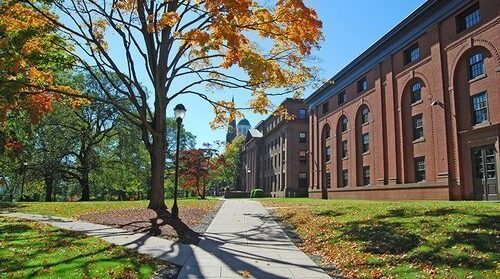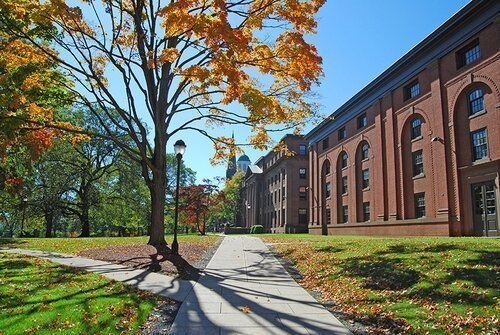

I always enjoy reading Wesleyan College president Michael Roth‘s reflections on liberal arts education. In his recent piece at The New York Times, he reminds us that learning and freedom are always connected, regardless of age.
Here is a taste:
There are many ways be a student. Some will strive to find balance and harmony by fitting into their educational context. Others build intellectual muscle by criticizing every move the teacher makes. In daring to be critical and competitive interlocutors with their instructors, they work harder and learn to think more deeply. Some students learn through imitation, eager to follow their classmates as well as their teacher. The core of all these approaches is developing the capacity to think for oneself by learning from others.
Ultimately, the true student learns freedom by developing curiosity, judgment and creativity in the service of one’s own good and the good of their communities. This flourishing is different from being trained by an instructor to do a task or earn a badge, and it is different from the satisfaction one gets through acquiring objects or experiences in the marketplace.
On campus, students do learn specific tasks and they do enjoy experiences, of course, but as students they are doing something more fundamental and more open-ended. They are learning freedom by learning who they are and what they can do (including how they might think). This almost always happens in concert with others. Students flourish in discovering and developing their capacities together.
That’s why it’s such a challenge to be a perpetual student — as our society becomes atomized and polarized, the informal educational spaces for adults to learn from people who have different points of view are fewer and farther between. And it gets harder to exercise the intellectual humility that being a student requires when one is supposed to have the authority, the certainty, of adulthood. Yet some people manage it at various points in their lives by finding fellow learners. This can happen in book clubs, online classes, Bible study or simply in stimulating interactions with co-workers.
There is a hunger for this. Roughly 200 people join my online Great Books humanities class each week on Coursera. During the pandemic, the number was more than 1,000, and millions around the world find other classes via Khan Academy and edX. The desire for learning is also a desire for connecting. It is not just the desire for a prize or a diploma.
For perpetual students, learning (as opposed to training) has no end. As they reach the end of one path of inquiry, they find themselves already on another. These paths develop their capacities and can’t be delimited in advance of the opportunity for exploring them. Every day is Arrival Day.
Read the entire piece here.